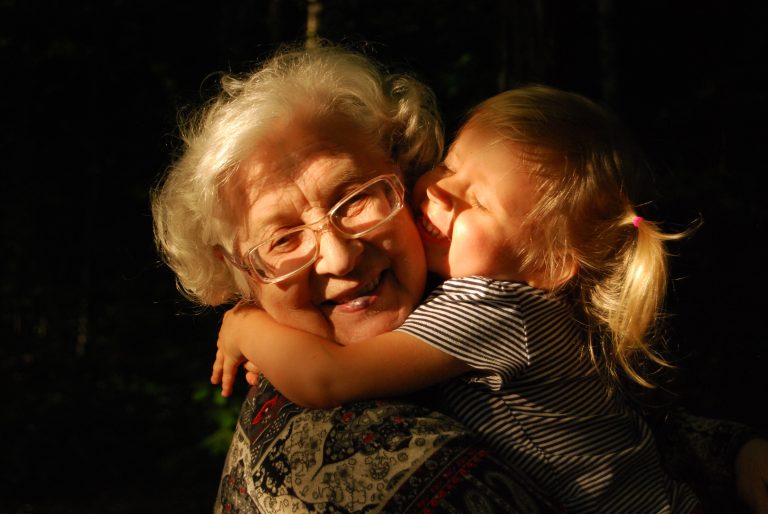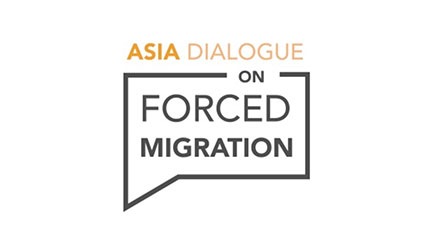Fred Daly, the irrepressible ALP Member for Grayndler whose first campaign slogan was ‘Give us this day our Daly Fred’, once said that today’s political enemies may turn out to be friends tomorrow. Who would have thought in 1975 that that could be true of Gough Whitlam and Malcolm Fraser in 2011.
Whitlam has said he hasn’t had a significant disagreement with Fraser for 30 years. There are outward signs that the bad blood of the past has been purged. At 95, Whitlam has already written (and probably pre-recorded, just in case) the introduction he will give when Fraser presents the Whitlam Oration on 6 June next year.
Bitter rivals though they were, Fraser and Whitlam in fact displayed unity on many issues. The fraught events of November 1975 notwithstanding, it is pertinent to consider how these political enemies contributed, not perhaps jointly, but separately to a much better society than we had in 1972.
Both were supporters of the US alliance , but sceptical of a lot of US policies. They were cautious about any US resolve to protect Australia when US relations with regional countries such as Indonesia were involved. Both were certain Australia’s future depended less on North Atlantic protection and more on developing close relations within our region.
Following Whitlam’s breakthrough in establishing diplomatic relations in 1972, Fraser’s first overseas visit as prime minister was to China and then to Japan, where he continued the negotiation of a Treaty of Friendship that Whitlam had initiated.
Both sought to reduce sectarianism in Australian public life. Through state aid, for Catholic and other private schools, Whitlam turned the tide on sectarianism in Australia. Fraser was always critical of Billy Hughes for playing the sectarian card against Irish Catholics in Australia in WWI.
Both were concerned about Indigenous rights. The implementing bill on land rights was awaiting introduction in the Senate on the day of Whitlam’s dismissal. In the first year of the Fraser Government, Parliament passed the Aboriginal Land Rights (Northern Territory) Act, 1976.
But the most effective unity ticket was race relations — ending the White Australia policy and cooperating in the settlement of Indochinese refugees.
Whitlam, Don Dunstan and others campaigned successfully to remove the White Australia plank from the ALP platform. The Whitlam Government removed racial discrimination from the statute book. But the new policy was never put to the test. The immigration intake under Whitlam was minimal — the lowest for 30 years and, excluding the Depression and war years, the lowest for 70 years.
In accepting 150,000 refugees from Indochina and with the 90,000 family reunions that followed, Malcolm Fraser broke the back of White Australia. We are now proud of what he and we did together — although it must be said that race relations and refugees remain difficult issues, with populists always ready and willing to exploit fear of the foreigner and the ‘other’.
The Whitlam Government was cautious about taking evacuees after the fall of Saigon, limiting the intake chiefly to persons associated with Australia and to orphans. The Fraser Government faced a larger outflow from 1976 onwards, with many Vietnamese forced into harsh ‘re-education camps’.
Whitlam in Opposition and later Bill Hayden supported Fraser in his leadership on the Indochina intake; because of our commitment to troops in Vietnam we felt we had a particular moral obligation to act decently and generously. And we did. We are now proud of what we did at a difficult time.
The successful Indochina resettlement in Australia could not have occurred without the cooperation of regional countries. They provided temporary asylum for 1.4 million who fled Indochina.
Our dependence on those countries back then provides a lesson that we still have to learn today. Just imagine how Australia would have responded during the Fraser years if 50,000 to 100,000 boat people from Indochina had arrived directly on our coast — which they likely would have, if not for the intervention of countries such as Malaysia.
As Australians, we are still self-righteous in our attitudes to countries such as Malaysia who carry a much higher burden of asylum seekers than we do. Malaysia is making great progress in human rights protection, particularly when it comes to protecting vulnerable people fleeing Burma.
The betterment of society is always a work in progress. The fruitful rivalry between Whitlam and Fraser provides a salient contrast to the more destructive negativism that seems to be the hallmark of the Julia Gillard/Tony Abbott contest. They could learn much from these elder statesmen.
This article first appeared on Eurekastreet here
Help us fill public debates about refugees and asylum seekers with good ideas not more fear and misinformation – Become an Ideas Sustainer.




